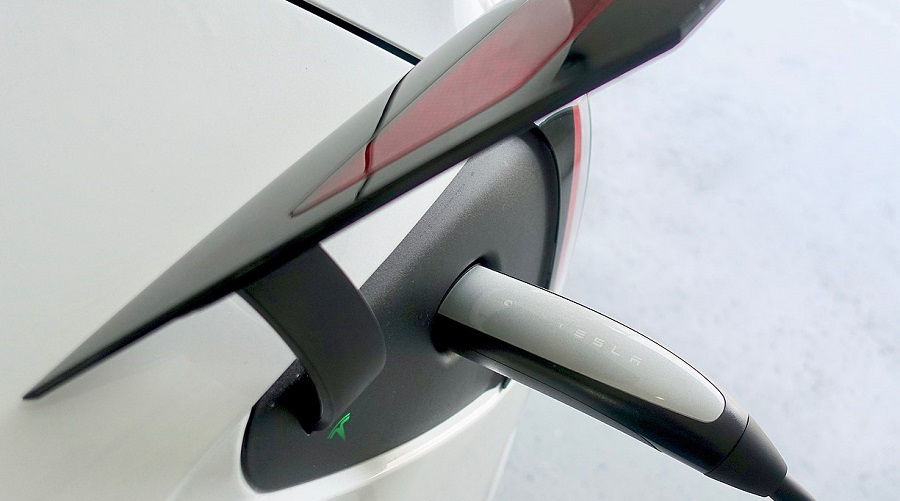Researchers in Canada develop million-mile lithium-ion battery

A group of scientists led by Jeff Dahn, a professor at Canada’s Dalhousie University and a research partner with Tesla, published a paper in the Journal of The Electrochemical Society where they present the concept of a new battery able to power an electric vehicle for over one million miles.
The battery, thus, could make Tesla’s robot taxis and long-haul electric trucks viable. It is also expected to last at least two decades in grid energy storage.
The battery is expected to last at least two decades in grid energy storage
The power cell uses a nickel-rich alloy for its cathode. The alloy contains 50% nickel, 20% cobalt, and 30% manganese and is considered to be very stable.
The cells’ ratio of energy storage ability to weight is 20% higher than that of the cathodes used in lithium-ion batteries used in electronic devices.
According to the researchers — who have been working on the model for over three years- their product should serve as a benchmark for academics and companies developing advanced lithium-ion cell chemistries.
“These results are far superior to those that have been used by researchers modelling cell failure mechanisms and as such, these results are more representative of modern Li-ion cells and should be adopted by modellers,” researchers wrote.
More News
Contract worker dies at Rio Tinto mine in Guinea
Last August, a contract worker died in an incident at the same mine.
February 15, 2026 | 09:20 am
{{ commodity.name }}
{{ post.title }}
{{ post.date }}




3 Comments
Pete C
They don’t explain if the vehicle will be able to move a million miles on one charge or it can be charged and discharged to move the vehicle a million miles.
Bill Gaige
Last week a US university just released they have made a carbon battery that is rechargeable and holds 7 times more energy than LI Ion and no where as unstable as LI IOn. Plus better for the environment. Day late and dollar short team.
le cloarec
I am interested to know the company which will manufacture this battery